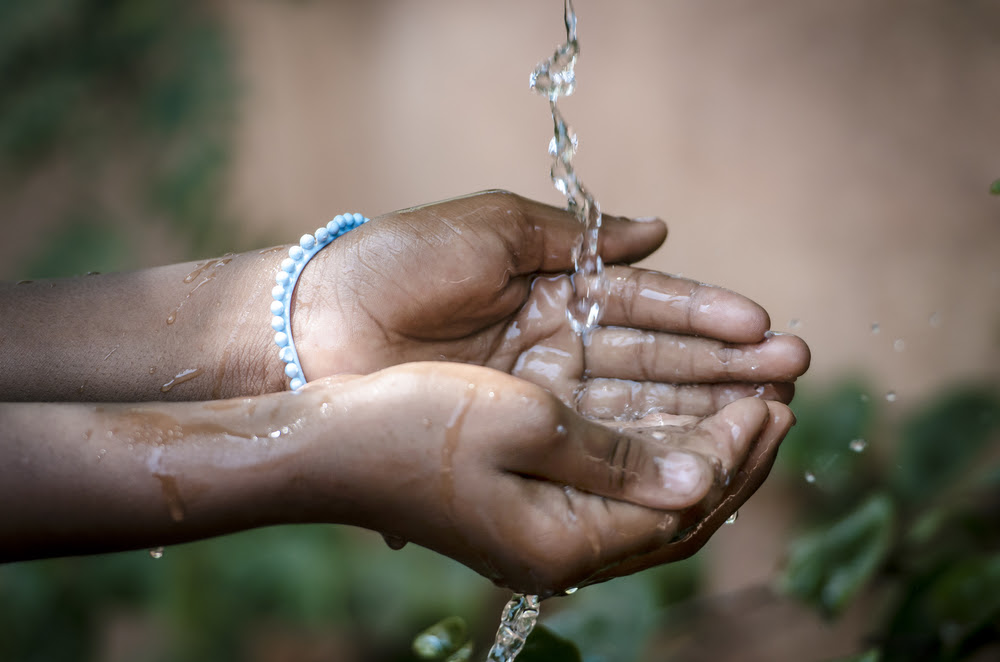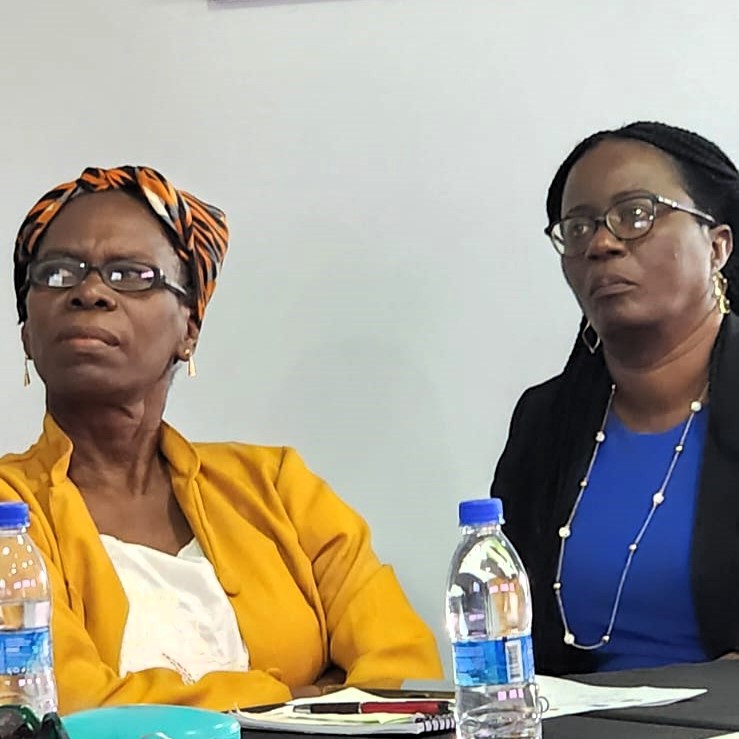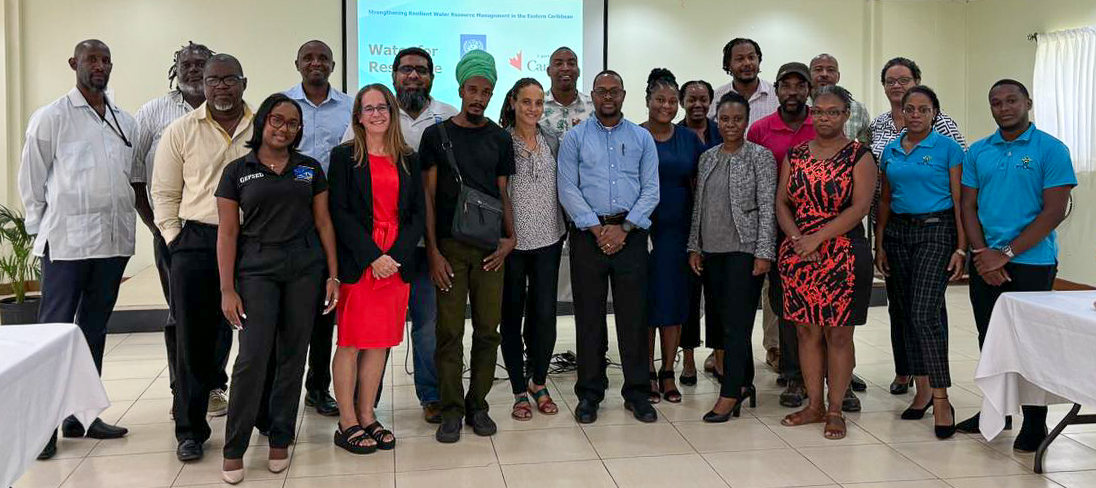This news article is a production distributed through Caribbean News Service. It is made freely available to your media and we encourage publishing and redistribution, giving credit to Caribbean News Service (CNS).
By Desmond Brown – Executive Editor
PARIS, France, Dec 08 2015, CNS – The Global Water Partnership (GWP) Tuesday made a call to action on water in the Climate Change Negotiations underway here.
The GWP is focusing on three key messages – to urge Parties to call for investments in water resources management by the Green Climate Fund (GCF); to access innovative finance mechanisms for climate resilience and water security; and to fulfill the commitments to the Least Developed Countries Fund (LDCF) to ensure project implementation.
“Parties are encouraged to continue to provide funding to the LDCF to ensure implementation of remaining elements of the national adaptation programmes of action (NAPA), as part of the LDC work programme,” the GWP said.
Speaking at a news conference here, Deputy General Director for the French Water Partnership Héloïse Chicou said a recent survey looking at the integration of water into the Intended Nationally Determined Contributions (INDCs) reveals that 92 percent of the countries that have mentioned adaptation within their national contributions mentioned water.
Chicou said this “shows that there is real priority given by countries on water issues. But more than that, what is important to mention is that these countries tend to be developing countries. So there’s a real need for developing countries to look at water actions. And further than that, the survey shows that most of these countries mention water but under the condition that there is appropriate financing. So this is where the financing is particularly important.”
The GCF recently approved US$ 168 million for the first eight projects to access funding through the fund. Two projects directly support water security.
In 2016, the GCF plans to approve US$ 2.5 billion for climate change project.
The GWP said parties need to ensure further support to water resources as provided for in Article 4 (e) of the Convention, as climate change is manifested through water, and water resources management is a key adaptation measure.
The intergovernmental Panel on Climate Change (IPCC) projects the frequency of water-related disasters such as floods and droughts to increase as a result of climate change.
Water-related disasters account for 70 percent of all deaths related to natural disasters, impacting also patterns of migration and displacement.
Chicou said when addressing the water issue, countries need to also look beyond infrastructure.
“Looking at the INDCs there was a real request from developing countries to have further financing for knowledge, for soft solutions and for green solutions – so not just infrastructure-related but on capacity building,” she said.
Speaking on the integration of the water and climate agendas, Ms. Karin Lexén, Director of World Water Week at Stockholm International Water Institute said there has been a tremendous change in attitudes since Copenhagen (2009) even if there is no reference to water in the agreement texts.
“We see a lot of appreciation of the importance of integrating water in the appropriate actions and at the end of the day that is what matters,” Lexén said.
“We often say that water is a connecter and I think that is a really important message here. I don’t think it’s being discussed enough and I think that’s very symptomatic that when we are here we are in the climate silo and that is why we try to be here to say we cannot work in silos we have to integrate the water agenda with the climate agenda.”
In order to ensure diversified innovative finance mechanisms for climate resilience and water security, GWP is urging Parties to access innovative finance mechanisms for climate resilience and water security.
Financial instruments and tools for climate resilience have been recognised by the Executive Committee of the Warsaw International Mechanism for Loss and Damage. This includes risk management, catastrophe risk insurance, contingency finance, climate-themed bonds and catastrophe bonds.
In 2015, G7 leaders made a commitment to provide climate risk insurance for up to 400 million people in counties vulnerable to the effects of climate change.
The Global Water Partnership is a network of 13 Regional Water Partnerships, 85 Country Water Partnerships, and more than 3,000 Partners located in 171 countries.




